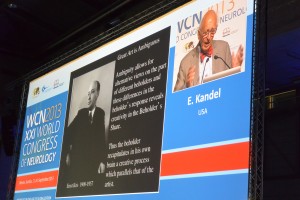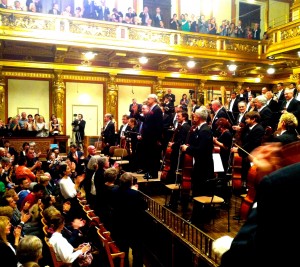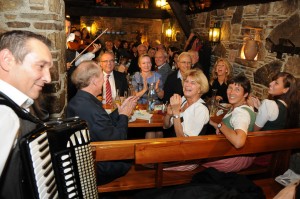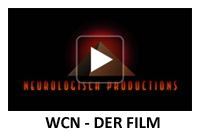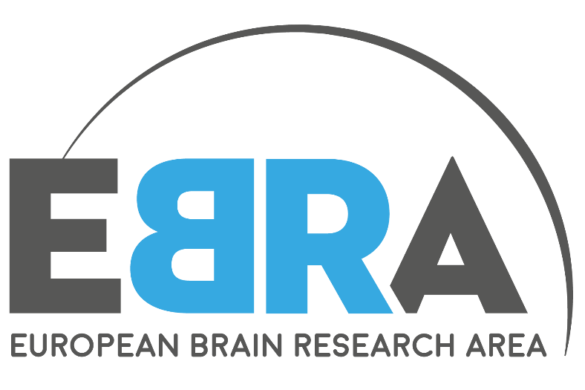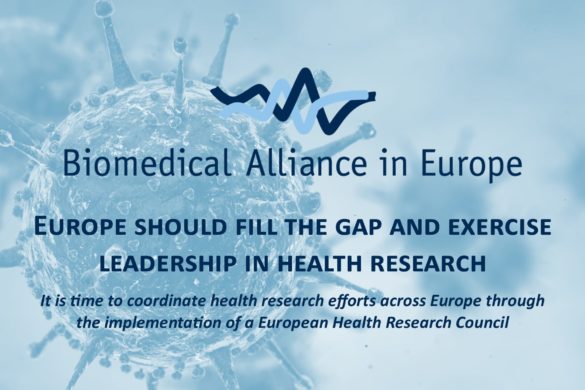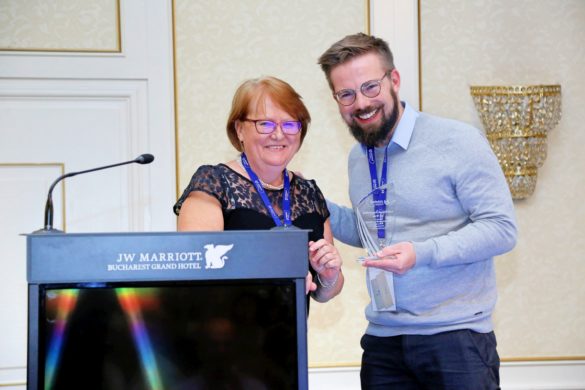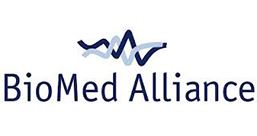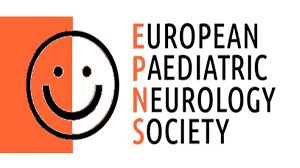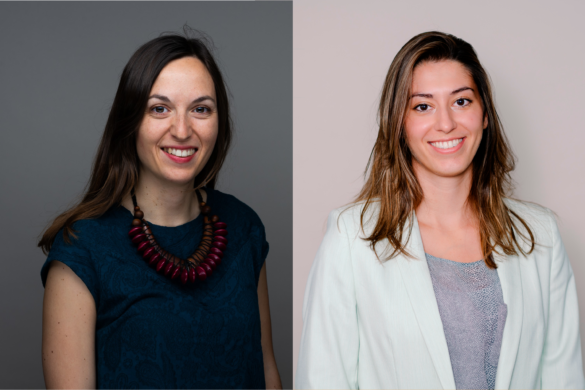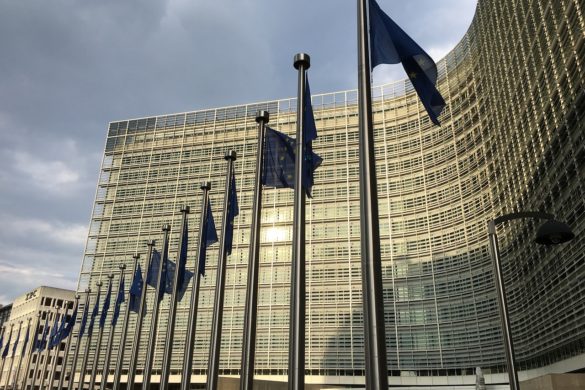by Wolfgang Grisold
From September 21 – 26, 2013 the WCN 2013 took placein Vienna. This year’s biannual meeting of the WFN was a joint meeting with the Austrian Society of Neurology (OeGN) and the European Federation of Neurology (EFNS). The modern and spacious centre of the “Reed Messe” had enough space for many meetings of all participating societies. The WFN also fostered meetings of the neurological subspecialties in order to provide a worldwide cooperation and synergy for neurology. For the EFNS it was the last congress before the Joint EFNS-ENS congress next year. It closed the historic link of EFNS congresses, which started in Vienna in 1991.
The programme was developed in close cooperation with all organising societies by joint chairs of the scientific committees and the teaching course committees.
6400 Participants from 135 countries attended and visited both, the scientific sessions with teaching courses and satellite symposia as well as other congress related activities. Special fees of attendance were provided for participants of low income countries. The participants appreciated the excellent public transport in Vienna, and the ambience of the congress venue.
The excellent scientific program was preceded by a lecture of Nobel laureate Erik Kandel, who in his lecture „the age of insight“ gave an excellent insight into the development of neuroscience and neurology around the turn of the last century. Erik Kandel not only managed to explain the development of neurology, but attached this history to contemporary art and artists.
The topics of the scientific programme were preceded by excellent morning lectures, and comprised the main topics of neurology. Some of the topics were hosted jointly with subspecialties and the WFN. Many of the scientific topics were followed by free papers, which gave some insight into the development in subspecialties. The poster sessions were evaluated by a faculty and for each topic a poster prize was awarded.
The teaching courses were well attended, and took place on all days of the congress. As a principle, teaching courses of main topics were placed to precede the main topic in the scientific session. The concept of daily free teaching courses was continued, and also hands-on courses and “soft” topics such as teaching, palliative care, patient advocacy (a joint course with the AAN), how to write papers were included and emphasize that the role of teaching in neurology by far exceeds the scientific topics, but also has to aim at skills and advocacy, in order to provide better patient care. As at the previous meeting the concept of „hands-on“ courses was continued.
The young neurologist had a specific teaching course and a successful visit of the Vienna University Clinic took place.
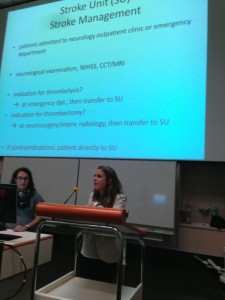
For the first time the WCN included a patient day, which aimed at the Austrian patients for local reasons, and was well prepared by press and media. All presidents either gave introduction (Prof. Hachinski and Prof. Hughes) or even participated with a lecture (Prof. Auff) to emphasize the importance to devote lectures and topics to patients. Chosen topics were stroke, MS, Parkinson’s disease and brain tumours. A vivid question & answer session followed each topic, and emphasized the need to communicate with patients and carers.
Satellite symposia were sponsored by the pharmaceutical industry, well attended, and without exception given by excellent speakers. Industry and the pharmaceutical industry provided a much appreciated sponsoring, and the exhibition provided good opportunities for communication.
Press and publication
The WCN 2013 made an impact in press and publications. Press conferences, interviews, press clippings were provided on initiative of the Austrian Society of Neurology and made worldwide impact in press clippings, reports and interviews. This aspect of media presence is important for neurology, and helps to raise the awareness for neurological diseases not only locally but worldwide. All accepted abstracts are published in the JNS which is a quotable source for all attendants (J Neurol Sci).
The WCN not only provided an excellent programme but was also the perfect venue of personal exchange in a formal and informal way and also celebrated the Tournament of the Minds which gave a good stage for the worldwide knowledge and competition, combined with an element of show event.
What remains in the memory of a congress participant? In addition to an excellent programme, and the exchange of knowledge and introduction of new scientific developments, often the social programme “sticks” in the memory: the dynamic opening with short and poignant speeches and a surprising flash mob was followed by a get-together. The highlight was the concert at the Vienna Musikverein, which was the site of world premiere of a waltz composed by the WFN president Vladimir Hachinski. Finally a traditional Viennese Heuriger gave leisure and pleasure of an informal Austrian meeting with Austrian wine, food and networking.
It was a pleasure to have you in Vienna, and on behalf of the ÖGN, WFN and the EFNS we want to thank you for your contribution.
But, the show goes on and the next WCN will be taking place in South America in Santiago de Chile in 2015. Be prepared, and visit!
Wolfgang Grisold, Elected Trustee of the WFN, works at Kaiser-Franz-Josef Spital, Department of Neurology in Vienna, Austria

